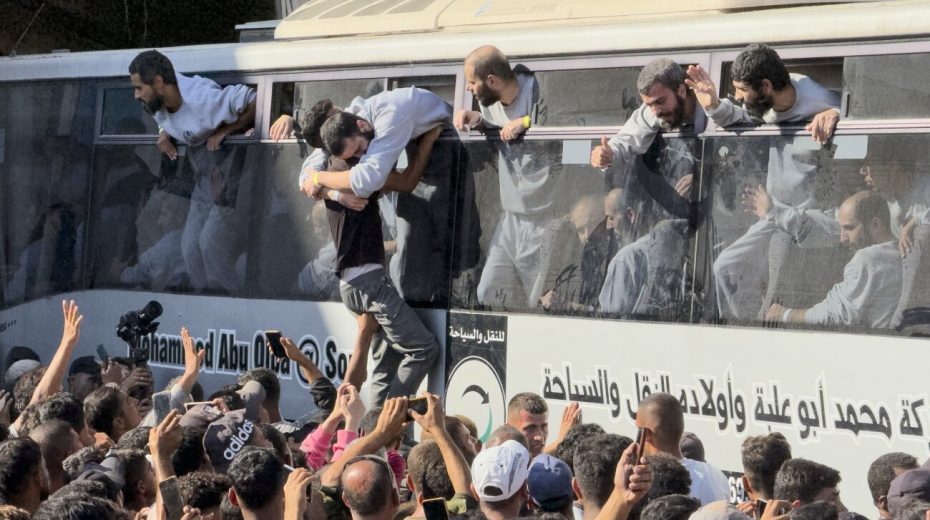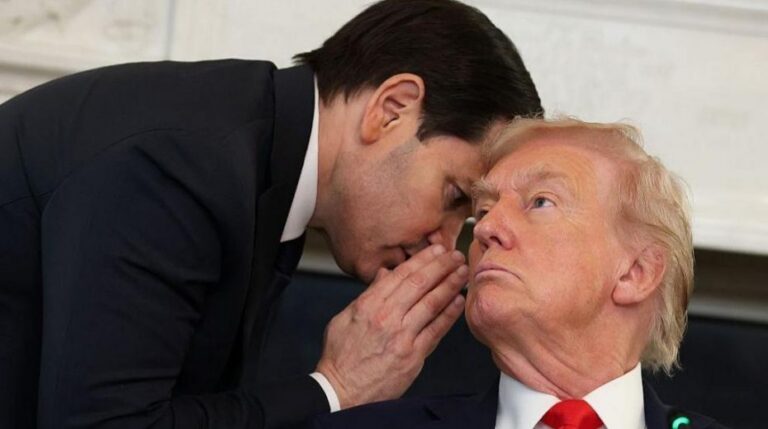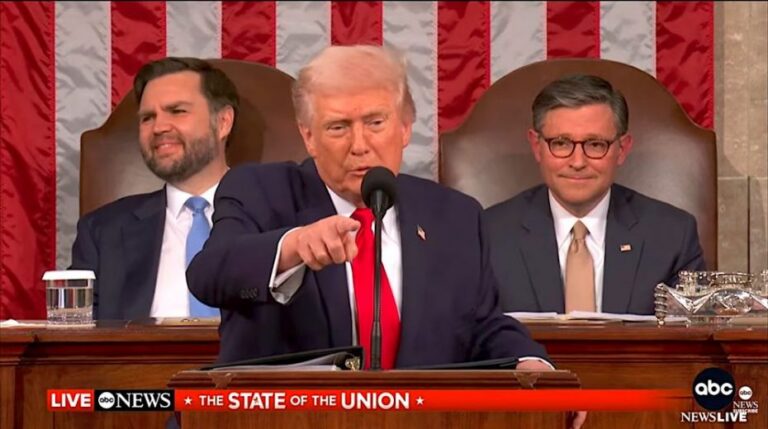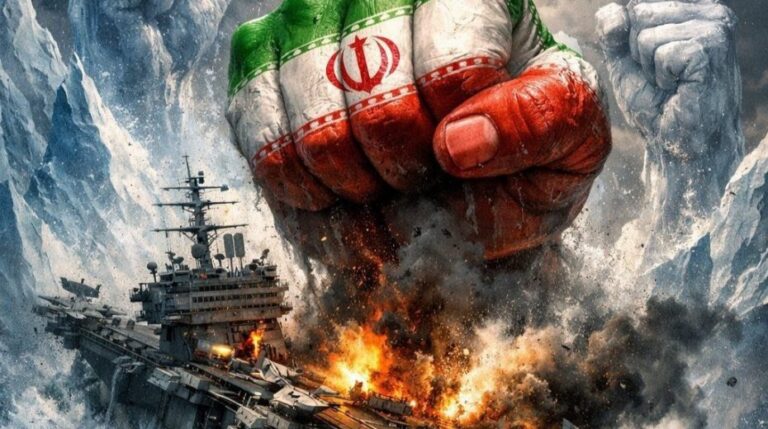
The sudden trip by Israeli Foreign Minister Gideon Sa’ar to India was notably brief and low-key.
Even though this marked Sa’ar’s inaugural visit to India in his capacity as Foreign Minister, and despite Prime Minister Narendra Modi’s proactive involvement in strengthening India-Israel relations over the past 11 years, it was unexpected that he did not meet with the PM. A likely reason could be the PM’s preoccupation with the critical Bihar state elections, a region often seen as pivotal in India’s national politics.
Was there no possibility to arrange Sa’ar’s visit differently to allow a PM meeting? It appears the discussions were arranged on short notice. What circumstances prompted Sa’ar’s speedy trip to Delhi?
Closer inspection suggests Sa’ar’s purpose was to address matters concerning Gaza, especially with the imminent second phase of the Gaza Peace Plan and the proposal to deploy an international force.
The MEA’s statement reads, “FM Sa’ar shared Israel’s perspective and views on developments in West Asia and the Gulf. EAM expressed India’s support for the Gaza Peace Plan, welcomed the return of hostages and expressed hope that the Peace Plan paves way for a durable and lasting solution.”
It warrants more detailed analysis. India is clearly aware of Washington’s plans to introduce a UN draft resolution at the Security Council seeking authorization for an International Security Force (ISF) in Gaza.
Axios, citing the draft, reveals that the ISF would have an initial two-year term, extendable if needed. Rather than a traditional peacekeeping role, the ISF’s mission is to secure the border area, with Israel and Egypt safeguarding Gaza’s population and humanitarian corridors, and to assist in developing new Palestinian policing bodies.
A central and delicate task of the ISF involves disarming Hamas. The US draft states that the ISF will work to stabilise Gaza by demilitarizing the zone—this includes dismantling military, terrorist, and offensive infrastructure and preventing its reconstruction, while also cutting off arms supplies to unauthorized armed groups. It is a proactive operation vital both to Israel’s security and to the success of the Gaza Plan.
The deployment of the initial ISF contingents is slated for January, according to an unnamed US official quoted by Axios. The force will function under a unified command, coordinating closely with representatives from Egypt and Israel.
Here’s where it gets critical
Reports from Ynet and The Guardian suggest that ISF troop contributors under the Egyptian-led command could include Azerbaijan, Indonesia, Turkey, and Pakistan—nations that recently attended Turkey’s Istanbul conference to address the Gaza crisis.
The Security Council is anticipated to commence discussions on the US proposal soon. Trump appears eager to push forward his vision for a Peace Council, positioning himself as the authoritative coordinator for Gaza’s reconstruction and governance according to a comprehensive strategy.
Israel is not wholly supportive of the ISF deployment, while Hamas is reportedly welcoming the swift arrival of the force, hoping it will serve as a counterbalance to Israeli occupation.
Ynet disclosed that Israeli Defence Ministry officials revealed in a confidential briefing to members of the Knesset Foreign Affairs and Defence Committee that Pakistan’s inclusion in the ISF had been confirmed.
Ynet further commented, “Importantly, the United States is not seeking a Security Council resolution—certainly not under Chapter VII, which would authorise the use of force—but rather a vaguely worded document that would allow the council to give its backing and endorsement to the formation of a stabilisation force. This force would be established by the US in coordination with Arab and Muslim countries… it appears there are, for now, no elements that are fundamentally problematic from Israel’s perspective—except for one: the clause concerning the disarmament of Hamas and other Gaza-based terrorist groups.”
Minister Sa’ar’s quick engagement in Delhi can be understood in this context. He likely informed officials that Israel cannot unilaterally control the ISF’s makeup. Notably, his only other meeting in Delhi was with National Security Advisor Ajit Doval, known for his expertise on Pakistan.
Saudi Arabia, which extends strong support to Pakistan, now maintains a defense pact binding them together. The US seems to be in command of the situation, with Trump encouraging Turkey to take a leading role; Turkey maintains cordial ties with Pakistan but has tense relations with Delhi.
Media reports have previously suggested that Trump admires Pakistan’s Field Marshal Asim Munir and there were rumors about Pakistan’s potential role in Gaza stabilisation discussed between the two leaders. Ultimately, Pakistan’s participation in the ISF carries Trump’s endorsement, making it difficult for India or other capitals to influence this decision.
Israel is opposed to UN involvement, concerned it would restrict its military operations in Gaza. The country fears that UN authority backing the ISF and the Peace Council could influence operational mandates and rules of engagement.
The timeline is tight as the US finalizes the draft and seeks the Security Council’s approval specifying which nations will contribute to the ISF. Israel will likely depend on India to strongly resist Pakistan’s inclusion in the force.
Russia’s permanent seat on the Security Council is a key factor here, yet Pakistan is also an active participant in Russian-led council efforts aiming to curb Israel’s actions in Gaza.
Moreover, Russia will coordinate with China in the UN, where China has consistently supported Pakistan’s position in recent years, making Pakistan’s exclusion unlikely.
The reality is that although India strongly condemns Islamabad as a hub of international terrorism, Pakistan occupies a non-permanent seat on the UN Security Council for 2025–26 and chairs the UNSC 1988 (Taliban) Sanctions Committee, as well as vice-chairing the UNSC 1373 Counter-Terrorism Committee alongside Russia and France.
In addition, Pakistan possesses a highly trained and respected military, particularly honored in the Middle East, making it well-equipped to handle the complex security demands of the Gaza mission.
Responsibility rests with the Oval Office
Delhi faces the reality that ultimate decisions will be made from the Oval Office. Given the recent difficulties India has encountered with US officials over Russian oil imports, PM Modi is unlikely to request favours from Trump as Netanyahu might have in more favorable times. India must also be cautious about Trump seizing this opportunity to offer mediation in India-Pakistan matters.
This situation leaves EAM engaging regularly with Trump’s rising policy influencer, US Senator Marco Rubio. EAM has met Rubio frequently, most recently in Malaysia a week ago.
Still, Rubio’s influence is limited when Trump is directly involved. Trump appears to intend maintaining a personal role in Gaza developments. Should the security situation worsen due to IDF shortcomings, Trump’s international standing could suffer.
It should be noted, the IDF’s deployment is expected to be long-term. An extended Pakistani troop presence near Tel Aviv might eventually lead to an Israel-Pakistan relationship of some kind. At minimum, a cooperative arrangement between their militaries could become essential, considering Tel Aviv’s significant concern about Gaza’s security, an existential matter for Israel.
Israel’s diplomacy is pragmatic and adept at managing complexities. The absence of formal diplomatic ties with Pakistan will not hinder Israel from engaging with Pakistan’s ISF contingent once operations begin. Israel’s counterpart in this dynamic will be Field Marshal Munir.
Trump is likely to welcome an unofficial “normalisation” between Islamabad and Tel Aviv. It’s conceivable that figures like Steve Witkoff and Jared Kushner might visit Rawalpindi under Trump’s direction to rejuvenate the stalled Abraham Accords in the near future.
Original article: www.indianpunchline.com




